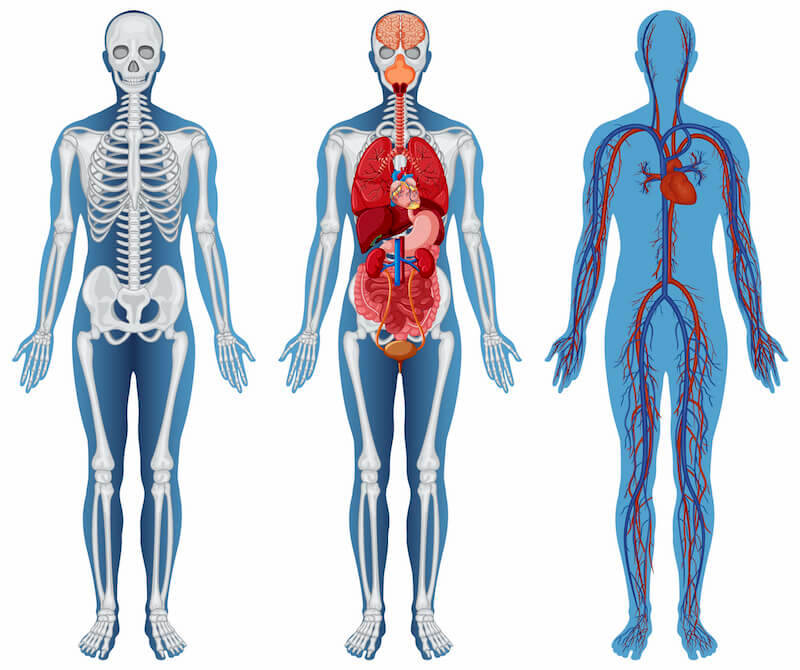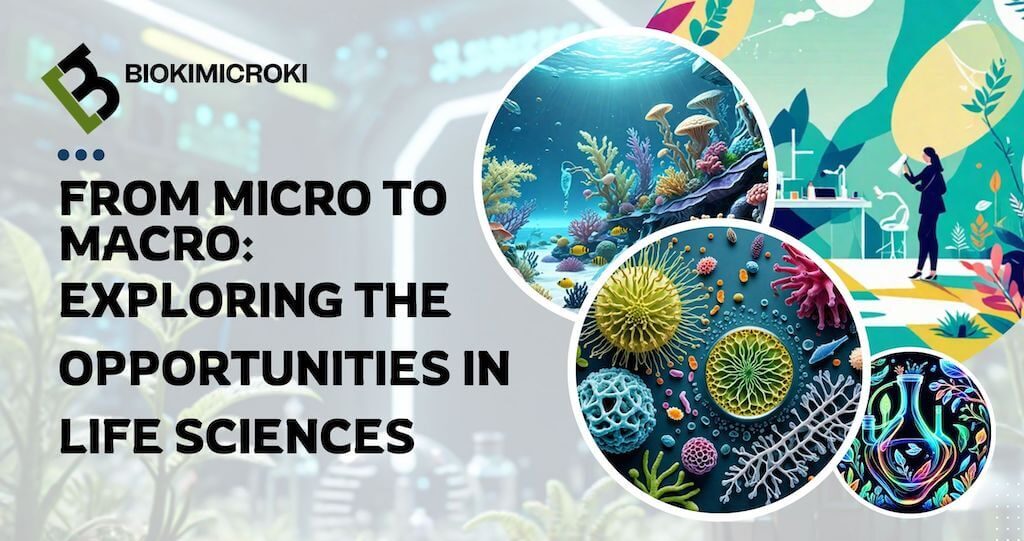Life sciences provide a wide range of chances for investigation and influence, regardless of your interests, which may include creating new medications, comprehending the workings of individual cells, cracking the genetic code, or protecting natural ecosystems. Innovation and discovery in the biological sciences are countless as technology progresses, from satellite-based ecological monitoring to CRISPR gene editing.

In the previous part, we explored some of the key branches of life sciences, their significance, and the exciting career opportunities they present. In this post we are going further ahead.
Table of Contents
Physiology: Understanding Organisms at the Functional Level
Physiology is the study of the functions and mechanisms of living organisms and their parts, including cells, tissues, organs, and organ systems. It explores functions like homeostasis, response to stimuli, and carrying out essential biological processes.

Physiologists study topics such as Cardiovascular physiology which is the study of heart and blood vessels, Neurophysiology which is the study of the nervous system, Endocrinology which is understanding hormone regulation, Comparative Physiology which compares physiological processes across species, and Exercise Physiology which investigates the effects of physical activity on the body. It also provides insights into diseases and disorders affecting organisms’ physiological functions, developing treatments, and optimizing performance in various contexts.
Career Opportunities: It includes roles such as research scientists, sports scientists, pharmacologists, physiologists, clinical physiologists, comparative physiologists, cardiovascular physiologists, and biomedical engineers.
Marine Biology: Exploring the Secrets of the Deep
Marine Biology as the name suggests is the study of life in seas and other water bodies. It encompasses a broad range of subjects, such as the physiology, behavior, and interactions between marine species and their surroundings. Marine biologists research everything, from small plankton to enormous whales, as they investigate ecosystems like coral reefs, deep-sea vents, and coastal regions. Oceans cover 70% of our planet and play a and play a significant role in regulating climate, providing food, and supporting biodiversity.

We can understand the impacts of climate change, pollution, and overfishing on marine ecosystems through Marine Biology. This contributes to conservation efforts and sustainable resource management.
Career Opportunities: Candidates pursuing Marine Biology have well paying opportunities in Marine Biologist, Marine Conservation, Fisheries (as a Fishery Biologist), Marine Policy Advisor.
Molecular and Cell Biology: Knowing What Lies Underneath
Molecular and cell biology explore the mechanisms within cells, including DNA, RNA, proteins, on a molecular level. This field helps us to know how these molecules interact to drive cellular processes. Understanding molecular and cellular processes is the foundation of all biological sciences.

Various progresses in this field have led to significant breakthroughs in medicine, biotechnology, and genetics. It is because of research in molecular and cell biology that we have been able to discover developments in gene therapy, cancer treatment, and the production of biopharmaceuticals.
Career Opportunities: There are multitude of opportunities for candidates pursuing this field namely Molecular Biologist, Biotechnologist, Pharmaceutical Scientist, Genetic Engineer, and Cell Biologist.
Conclusion
Life sciences not only provide endless opportunities for discovery and innovation but also play a crucial role in addressing some of the most pressing challenges facing our world today. Pursuing a career in life sciences allows you to be at the forefront of scientific advancements and make meaningful contributions to society and the environment.
Do let us know in the comment section below if you would like to know about any field that we may have missed here. We will make sure to explore that here on our blog.
